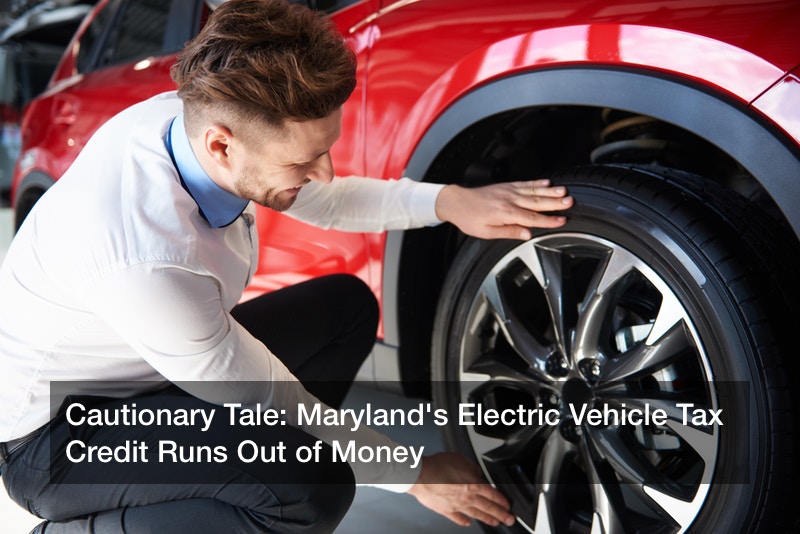Cautionary Tale: Maryland’s Electric Vehicle Tax Credit Runs Out of Money
Despite the fact that the U.S. is the world’s number one producer and consumer of oil, representing an 18% share, many Americans are doing their part to reduce their dependence on gasoline and thereby their carbon footprint. Whether you ride a bike or choose to carpool to work, you can make small difference and curb your […]








